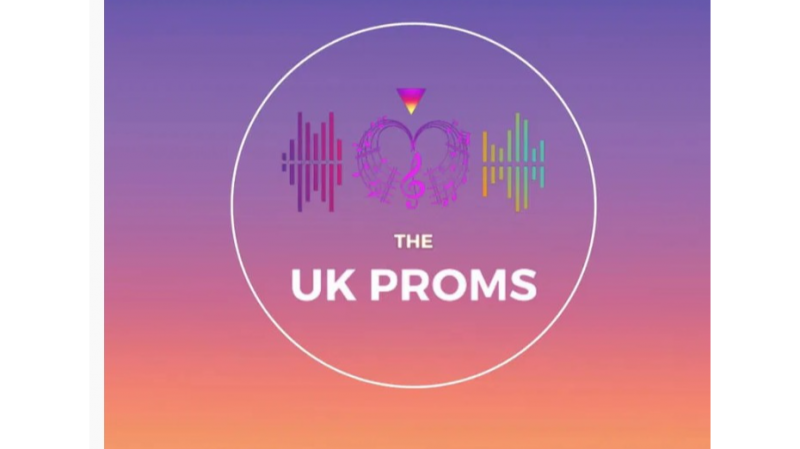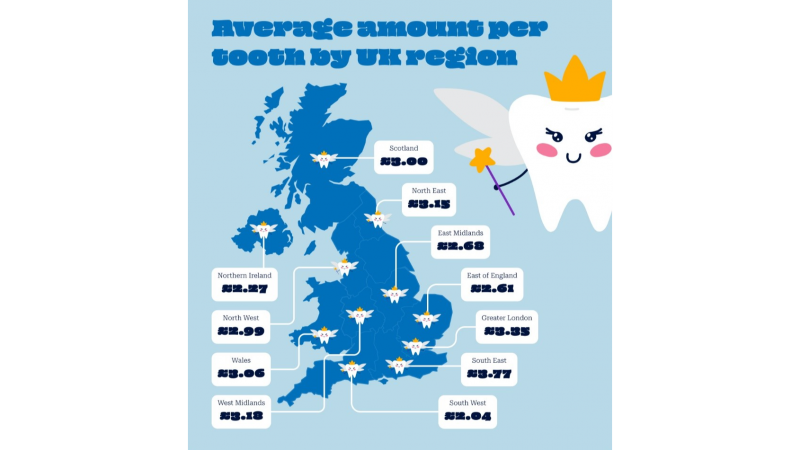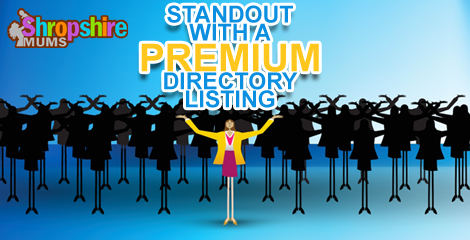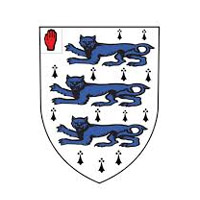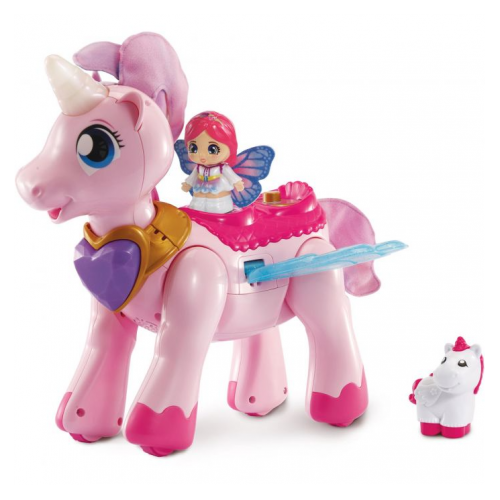Google answers 11 Million School Children's questions a day
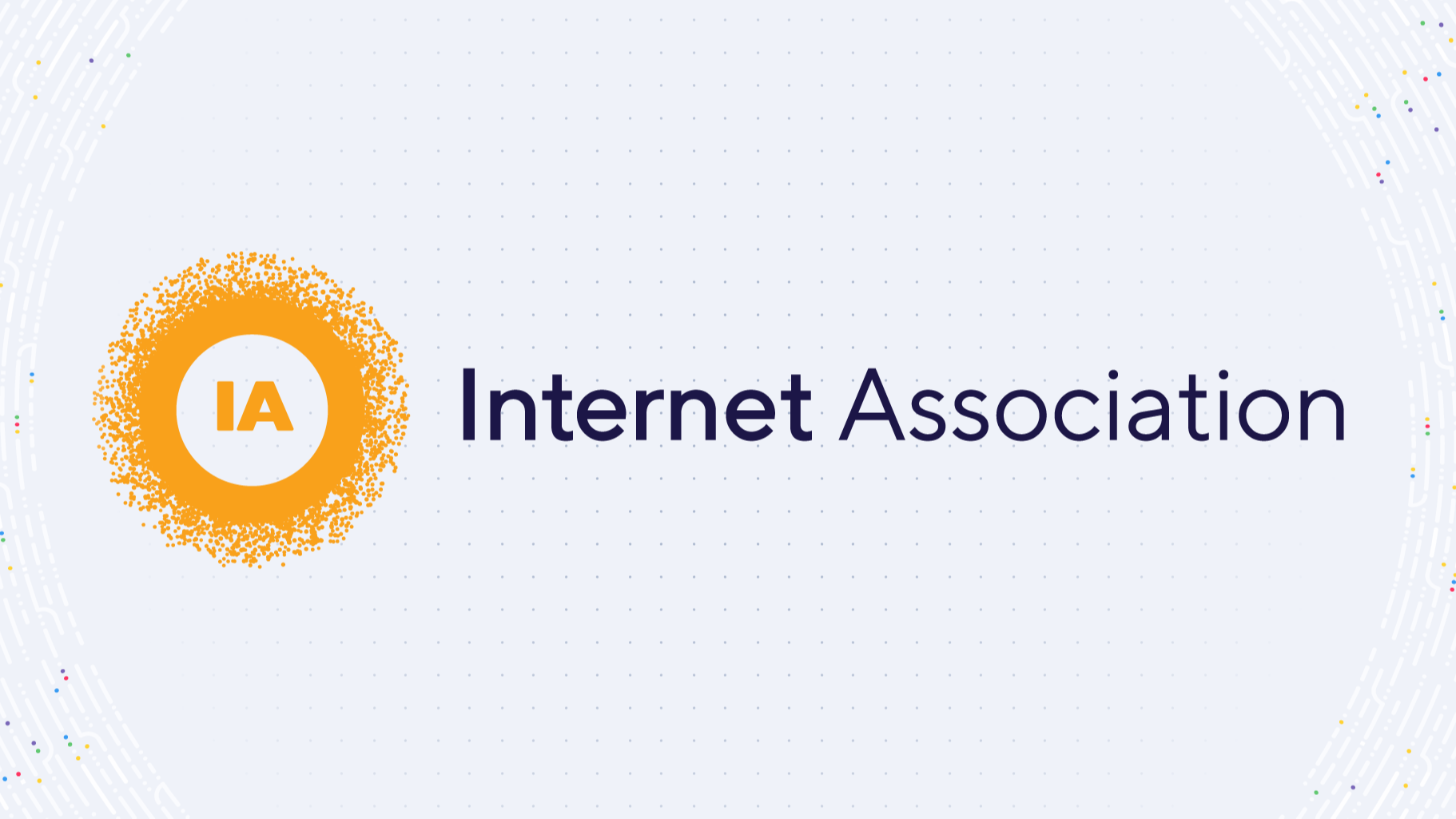
New analysis shows the internet has never been more popular as a tool for learning - as Google answers 11 MILLION questions a day from UK school kids.
THE INTERNET has never been more popular as atool for learning among UK school children, new analysis shows today.
As children return to school this month, the figures prepared by Internet Association highlight the increase in the use of the internet for learning. New figures showed Google Search in the UK answers over 11 million questions every day from British children seeking to learn - with over half of school pupils (around 4 million) using Google to help with homework. Meanwhile, Facebook pages such as Teaching Ideas - which has over 3 million fans - give students and teachers alike the resources they need to advance their education.
Research from the Oxford Internet Institute - released last week - also showed a sharp increase in the number of users of the internet in schools or work. 60 per cent of people now utilise the internet at schools or workplaces, up from 40 per cent in 2013. And a recent report from Oxford Home Schooling showed that over three quarters of parents (76 per cent) now use the internet to help their children with answers to homework.
“Internet companies continue to create benefits to society every day through innovative products and services that are helping children learn and develop. This analysis shows the use of the internet for learning continues to increase, and is now a vital tool for our young people.
We believe in the benefits that technology brings to everyday life, and for the potential that internet innovation has to transform society for the better.”
The role of digital literacy is also increasingly important for students, with internet companies offering tools and resources to help them learn. Facebook offers a wide-ranging Digital Literacy Library that hosts lesson plans designed by experts to help young people develop skills needed to navigate the digital world. Google’s ‘Be Internet Legends’ provides younger children with games and lessons that educate them on how to use the web safely and wisely, so they can be confident explorers of the online world.
And efforts to improve digital literacy appears to be paying off. Ofcom’s latest ‘Children and parents: media use and attitudes report’ showed that eight in ten (81 per cent) parents of online 5-15 year olds have talked to their child about staying safe online. Similarly, when children themselves were asked about this topic, nearly all internet users aged 8-11 (95 per cent) and 12-15 (96 per cent) recall being told about how to use the internet safely, with children most likely to have received the information from a parent or teacher.
Analysis in full:
- In the UK, Google answers over 11 million questions every day from British children seeking to learn. And worldwide, there are over 500 million views of learning-related content every day.
- Every week, more than half of the school pupils in the country - around 4 million children - use Google to help with homework, while 43 per cent use YouTube for the same purpose.
- Recent examples include ‘StudyTubers’ like Ruby Granger, who makes ‘study with me’ videos that help students study for exams and throughout the school year. Her channel has over 350,000 subscribers, with videos regularly receiving in excess of 50,000 views.
- Use of the internet in schools and workplaces has risen to 60 percent, up from 40 per cent in 2013, Research from the Oxford Internet Institute shows.
- Half of all children’s homework requires internet access, research from uSwitch.com in 2018 found - on average, parents say their child does 3.9 hours of homework a week with around half of that requiring access to the internet.
- 69 per cent of parents also said the internet is “essential to their child’s education”.
- A recent report from Oxford Home Schooling showed that over three quarters of parents (76 per cent) used the internet to help with answers, while more than one in ten (11 per cent) sought support virtual assistants such as Alexa or Siri.
- Ofcom’s most recent ‘Children and parents: media use and attitudes report’ in 2018 showed that BBC learning websites and apps were used by 34 per cent of 5-7 year olds, 56 per cent of 8-11 year olds and 64 per cent of 12-15 year olds.
- And four in five users (81 - 86 per cent) thought the resources were helpful for the children to learn from.
- Ofcom’s ‘children and parents: media use and attitudes report’ in 2017 showed that when browsing for content online, almost half of young people search for content that helps them learn about or find out about new things online (48 per cent). 39 per cent choose to watch things that make them think.
- YouTube was the provider that 12-15 year olds used the most for this, with 54 percent turning to it to learn or find out about new things, and 52 per cent to inspire them to try something new or different.
- Facebook pages such as Teaching Ideas (over 3 million likes) give students and teachers alike the resources they need to succeed in education.
Added: Tue Sep 17 10:45 2019 (5 years ago)
Read: 2k















